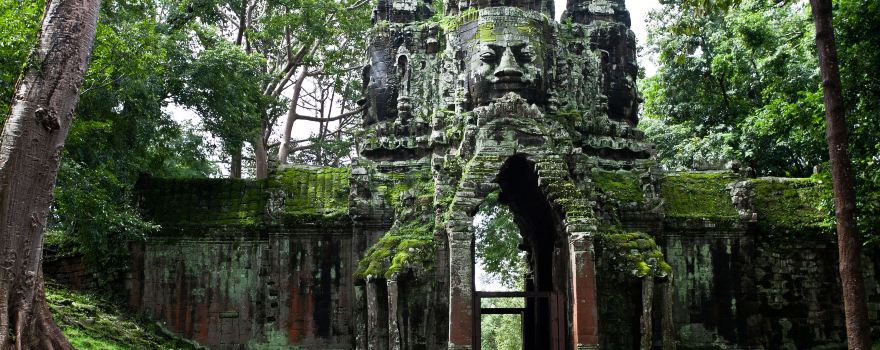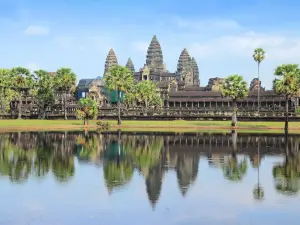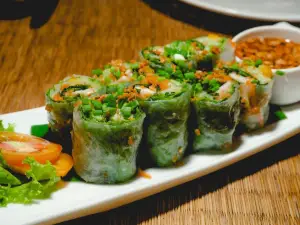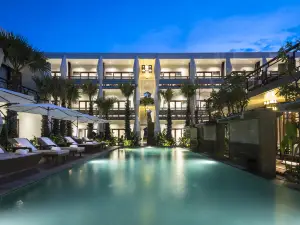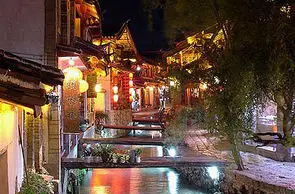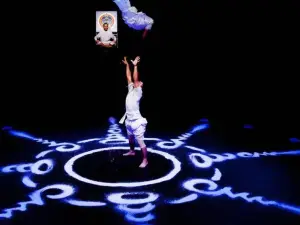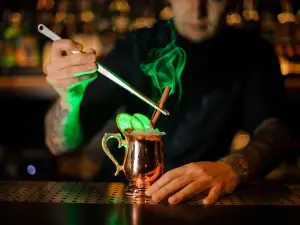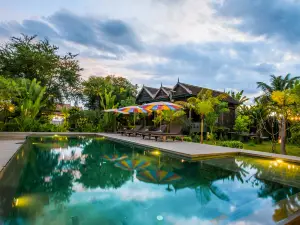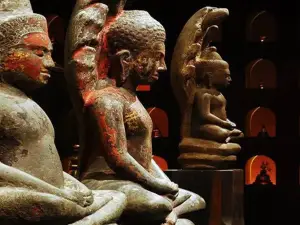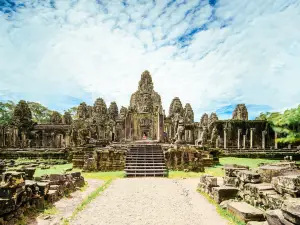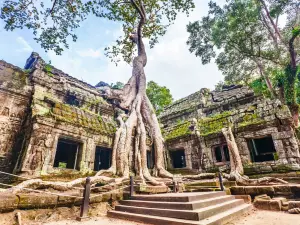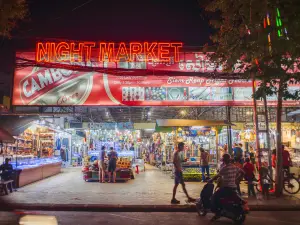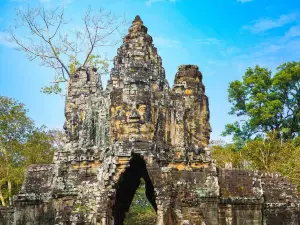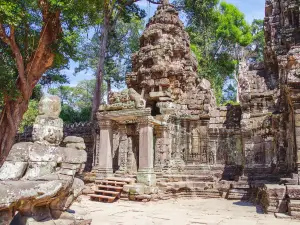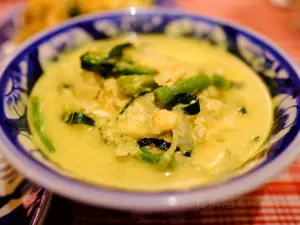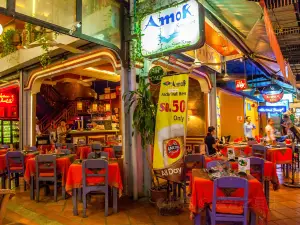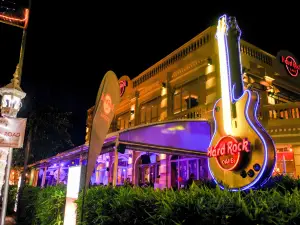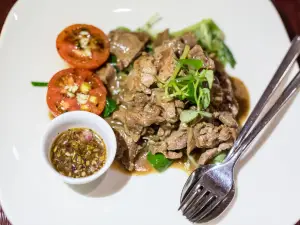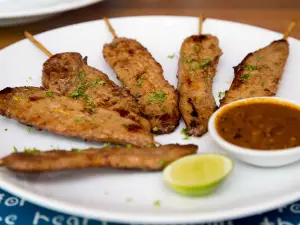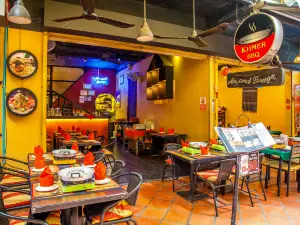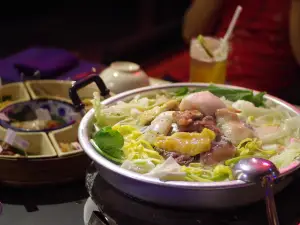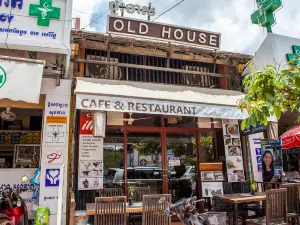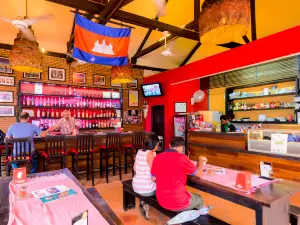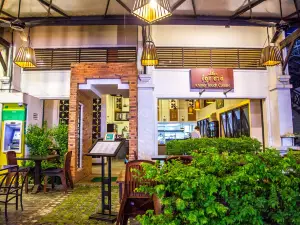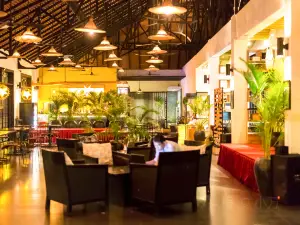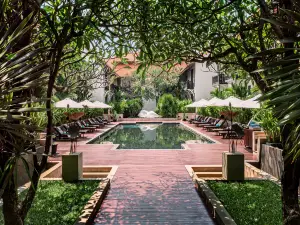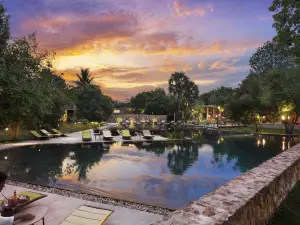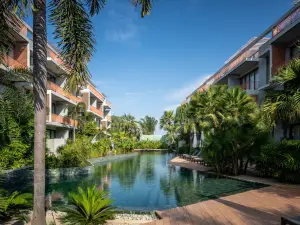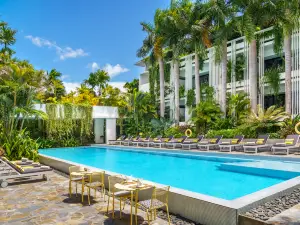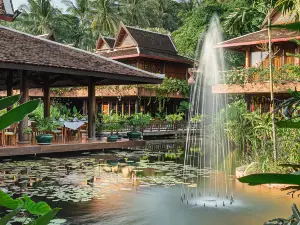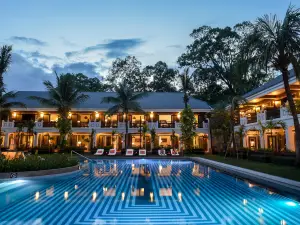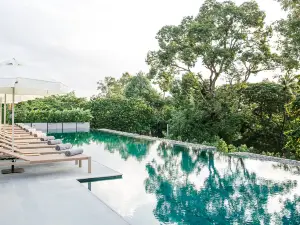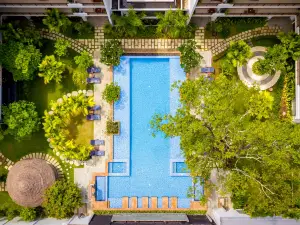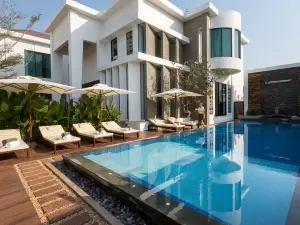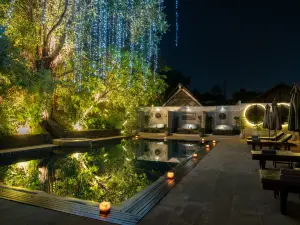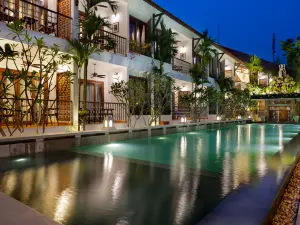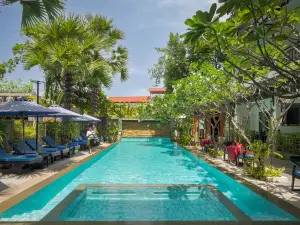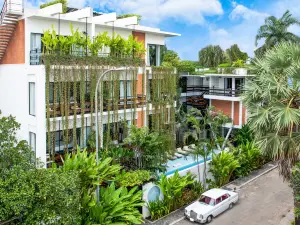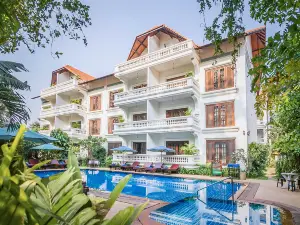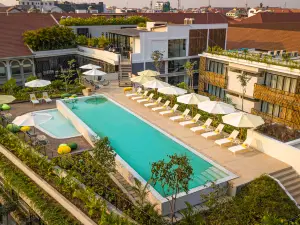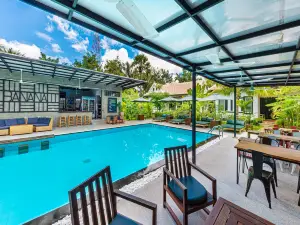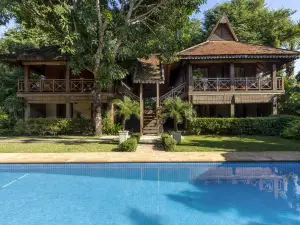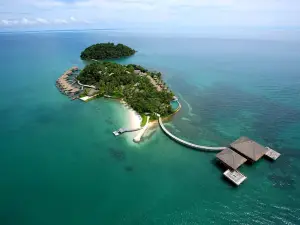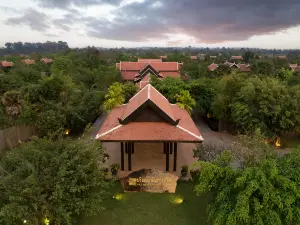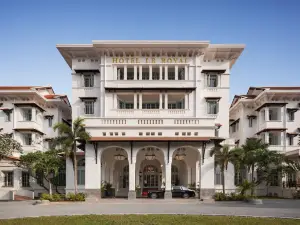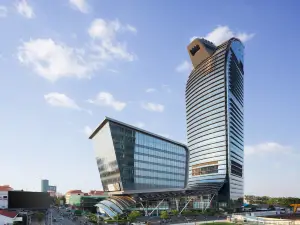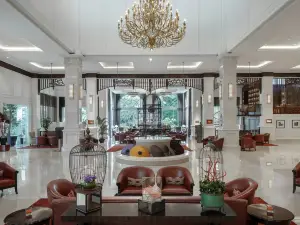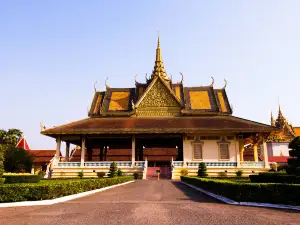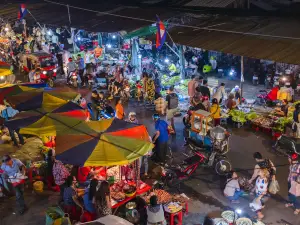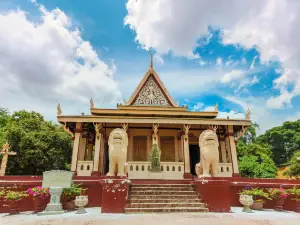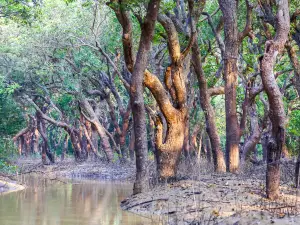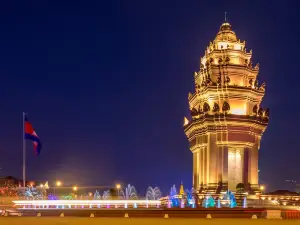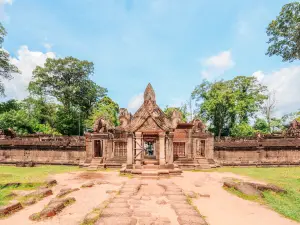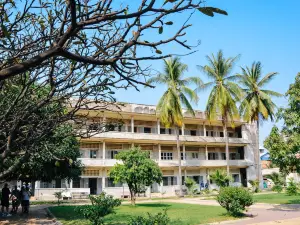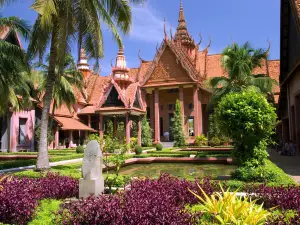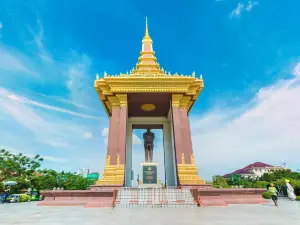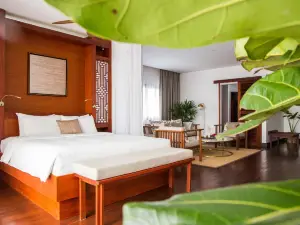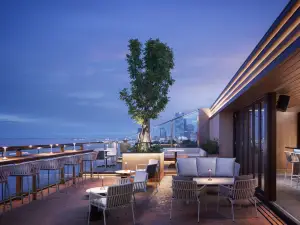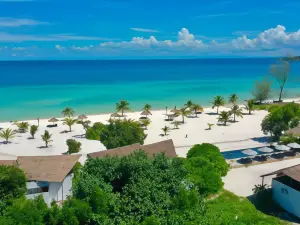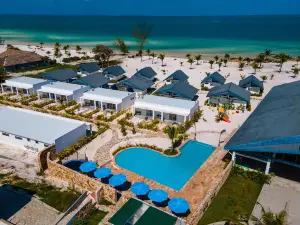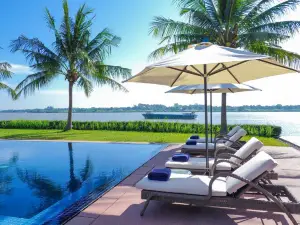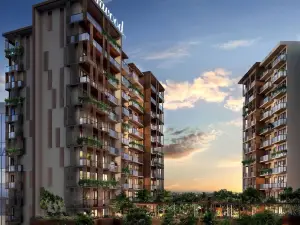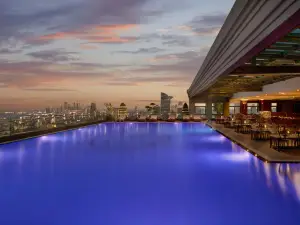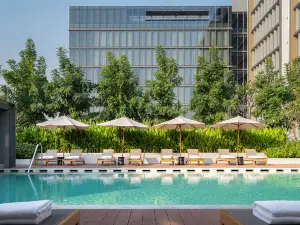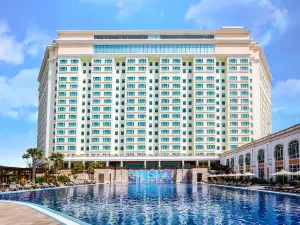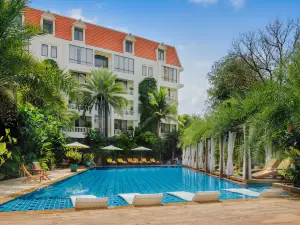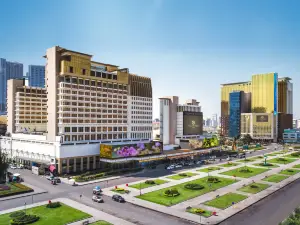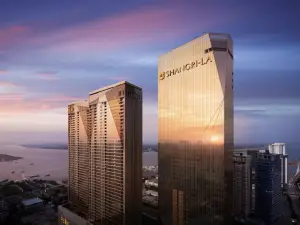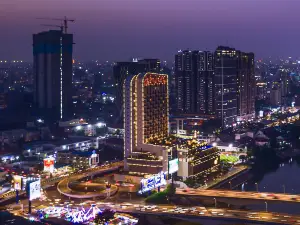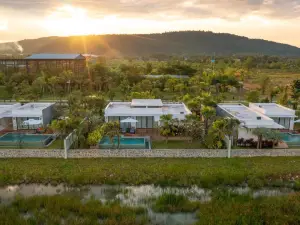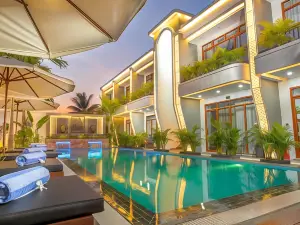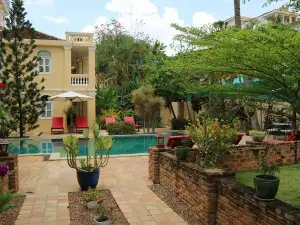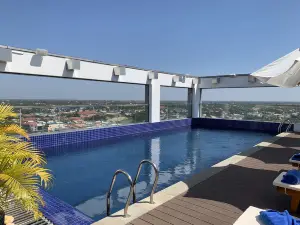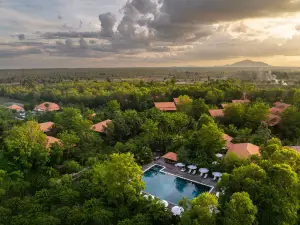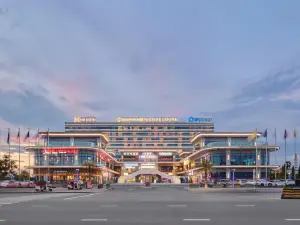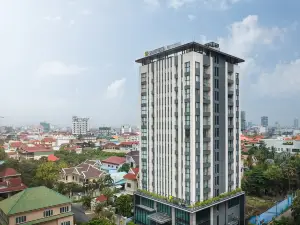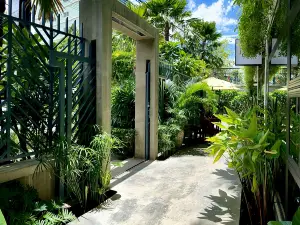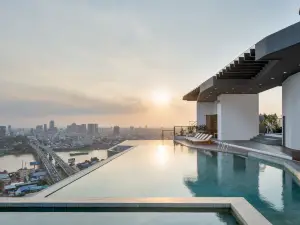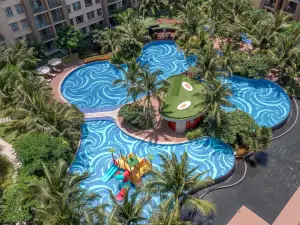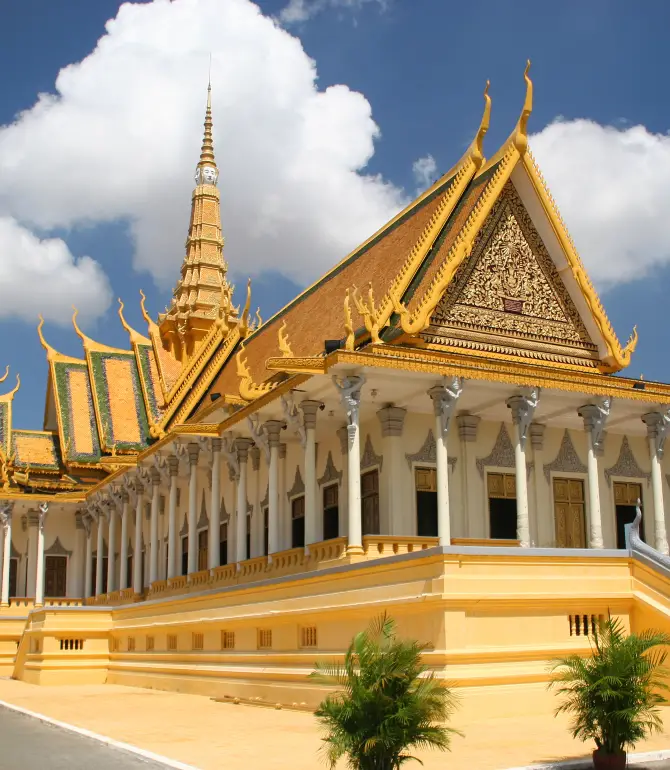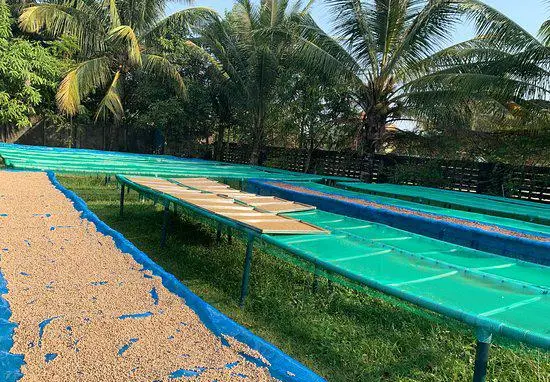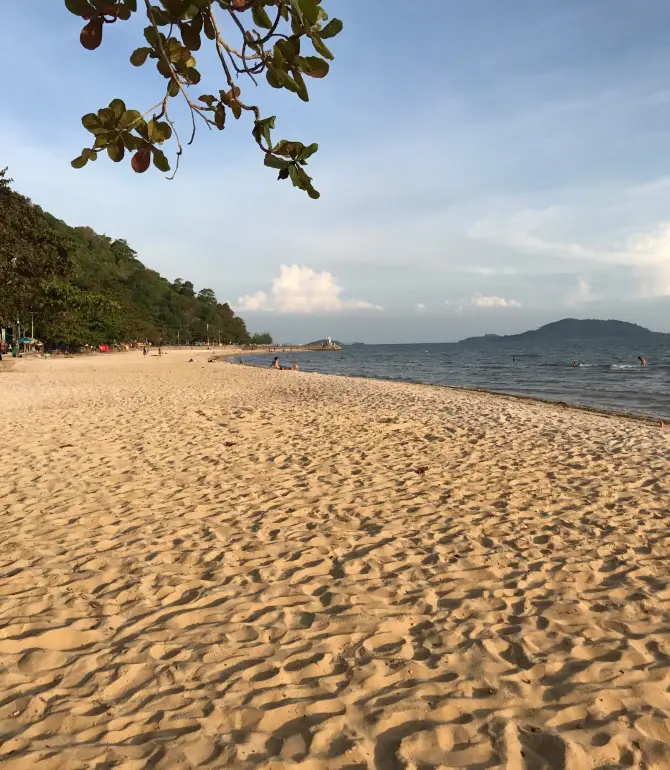Things to Do in Siem Reap in 2025 - Top Attractions, Local Food, Hotels & Travel Tips (Updated May, 2025) | Trip.com
About Siem Reap
Recommended trip: 2–4 day(s)
Recommended trip: 2–4 day(s)Current Weather Conditions
Siem Reap Local Experiences Map
Siem Reap Local Travel Guide 2025
Siem Reap Brief Guide
Siem Reap is a scenic spot that attracts the interest of travelers from around the globe. The World Heritage Site Angkor Wat is located to the north of the city. Angkor Archaeological Park is the generalized name for all of the ruins and archaeological sites related to the Angkor temple cluster. This was the capital of the ancient Khmer kingdom from the 9th to 15th centuries. The ancient temple ruins have long been claimed by the dense tropical rainforests. Take the day to visit Angkor Wat and then you can spend your evening back in the city having a glass of beer and enjoying the famous Pub Street.
Siem Reap Must-try Local Experiences
1. Explore Angkor Wat Angkor Wat, one of the largest religious monuments in the world, is a must-visit. The Angkor Wat includes other significant temples like Bayon, Ta Prohm, and Thommanon, each with unique architectural marvels. 2. Experience the Floating Villages on Tonle Sap Lake Visit the floating villages of Kampong Phluk on Tonle Sap Lake to witness the unique lifestyle of local communities living on the water. A boat tour offers an immersive experience of their daily lives and stunning scenery. 3. Enjoy a Traditional Apsara Dance Performance Apsara dance, a classical Khmer dance form, offers a captivating glimpse into Cambodia's rich cultural heritage when watched live, often accompanied by traditional music. 4. Sample Local Cuisine Try traditional Khmer dishes like Fish Amok, Lok Lak, and Nom Banh Chok in Siem Reap. Don't miss the street food at night markets for an authentic culinary experience. 5. Shop at the Old Market (Psar Chaa) The Old Market offers a bustling atmosphere where you can buy local handicrafts, textiles, and spices, experiencing vibrant local culture. 6. Visit the Angkor Night Market The Angkor Night Market features stalls selling handmade crafts, clothing, and artwork. Enjoy live music and local street food for a unique shopping experience. 7. Capture Sunrise at Angkor Wat Witnessing the sunrise at Angkor Wat is a breathtaking experience, with the sun rising behind the iconic temple spires creating an unforgettable scene. 8. Photograph the Roots of Ta Prohm Temple Ta Prohm Temple was the location for the film Tomb Raider, is famous for its massive tree roots intertwining with temple ruins, offering a unique and photogenic site. 9. Take a Hot Air Balloon Ride Experience a bird's-eye view of the Angkor Wat and surrounding countryside with a serene and scenic hot air balloon ride. 10. Relax with a Traditional Khmer Massage Unwind with a traditional Khmer massage, combining acupressure, stretching, and gentle rocking, available at many spas in Siem Reap.
Siem Reap Must-see Attractions
Siem Reap is a Cambodian city celebrated for its historical and cultural landmarks, including the world's largest religious monument Angkor Wat, the informative Angkor National Museum, the lively nightlife of Pub Street, the enigmatic Bayon Temple with its smiling stone faces, and the ancient city of Angkor Thom, all of which offer visitors a profound glimpse into the grandeur of the Khmer Empire.
Siem Reap Food Guide
Siem Reap's food scene offers a rich tapestry of flavors, from the communal fun of Cambodian Hot Pot and the tangy Beef Lok Lak to the royal Fish Amok and the contrasting textures of crispy and fresh Cambodian Spring Rolls, each dish reflecting a blend of local traditions and historical influences.
Siem Reap Transportation
Siem Reap's transportation infrastructure is centered around its airport and long-distance bus stations, which are essential for intercity travel and tourism. Siem Reap-Angkor International Airport (SAI/VDSA) is the primary aviation hub, located approximately 39 kilometers from the city. As the largest airport in Cambodia, it can handle 7 million passengers annually with a 3,600-meter runway suitable for larger commercial planes. To reach Siem Reap from the airport, travelers can use ground transportation services such as minibuses and minivans. The city's main bus stations facilitate intercity connections within Cambodia and to neighboring countries. The Giant Ibis Main Terminal, located on Khmer Pub Street, is about 1.8 km from the city center and is a popular choice for travelers due to its proximity to accommodations and attractions. To get to the city from this terminal, a short tuk-tuk ride is commonly used.
Siem Reap Where to Stay
Siem Reap is a city that serves as the gateway to the ancient wonders of the Angkor region. The city's accommodation landscape is diverse, with options ranging from budget-friendly guesthouses to luxurious five-star hotels. The distribution of hotels is scattered across various neighborhoods, each offering unique experiences and amenities to travelers.
Siem Reap Best Time To Visit
The best time to visit Siem Reap is during the cooler dry season, particularly from December to January. During these months, the weather is dry and cool, making it ideal for exploring the temples and enjoying outdoor activities. This period also coincides with various festivals and celebrations, such as the Giant Puppet Parade in February, adding to the cultural experience. However, these are peak tourist months, so expect larger crowds. If you prefer a quieter visit with lush green landscapes, consider traveling between June to October, when the ancient temples are surrounded by vibrant greenery.
Siem Reap Travel Tips
1. Temple Dress Code: When visiting temples, ensure you dress modestly. Shoulders and knees must be covered as a sign of respect. Avoid wearing revealing, transparent, or overly bright clothing. Comfortable shoes are recommended due to the extensive walking. 2. Respect for Monks: Monks are highly respected in Cambodian culture. Avoid touching them, especially if you are a woman, as it is considered inappropriate. 3. Beware of Scams: Be cautious of common scams targeting tourists, such as overpriced tuk-tuk rides, fake tickets, and unofficial tour guides. Always agree on a price before starting your journey and use reputable sources for tickets and guides. 4. Beware of Dehydration: Siem Reap's tropical climate can be intense. Carry plenty of water, especially when exploring temples. Tap water isn't safe to drink, so use bottled water or a bottle with a built-in filter. Consider bringing oral rehydration salts to combat potential dehydration. Wearing a hat and sunscreen can also help protect you from the sun. 5. Mosquito Protection in Siem Reap: Protect yourself from mosquitoes, especially during dawn and dusk. Use insect repellent containing DEET, IR3535, picaridin, or PMD. Wear long-sleeved clothing and covered shoes. Consider using mosquito nets and portable fans. 6. Reservation Tips for Angkor: If planning to visit the Angkor Archaeological Park multiple times, consider buying a 3-day or 7-day pass. These offer significant savings compared to purchasing single-day tickets for each visit. 7. Drone Usage Restrictions: Drone photography is restricted in many areas, especially around Angkor Wat. Flying drones in Cambodia requires permission from aviation authorities. It's strictly prohibited to fly drones over the Angkor Archaeological Park without special authorization. Additionally, drones are banned in Phnom Penh and other historic temples without permission.
Siem Reap Useful Guide
Siem Reap, a cultural hub in Cambodia, predominantly speaks Khmer, the official language, with influences from Sanskrit and Pali . While Khmer is non-tonal and has its own script, English is increasingly understood, especially by the younger population and in tourist areas . Translation apps and learning basic phrases can aid communication . When language barriers arise, gestures, smiles, and visual aids like maps are effective . Embrace the local language to enrich your travel experience in Siem Reap.
Trip.Best: Siem Reap
Things to do in Siem Reap
What to Do
Where to Stay
What to Eat
Siem Reap Moments: Through Travelers' Eyes

FERN CAFE IN SIEM REAP 🇰🇭

How to spend 3 days in Siem Reap

Cambodia Plans Visa-Free Entry for Chinese Tourists by 2025

🇰🇭 Bayon: The Temple of Mysterious Stone Faces 🏛

Angkor Wat on a buget!

Finally visited Angkor Wat

Angkor Wat - 1 Day Ticket

Best Hotel in Siem Reap
Best of Siem Reap
Site Operator: Trip.com Travel Singapore Pte. Ltd.
